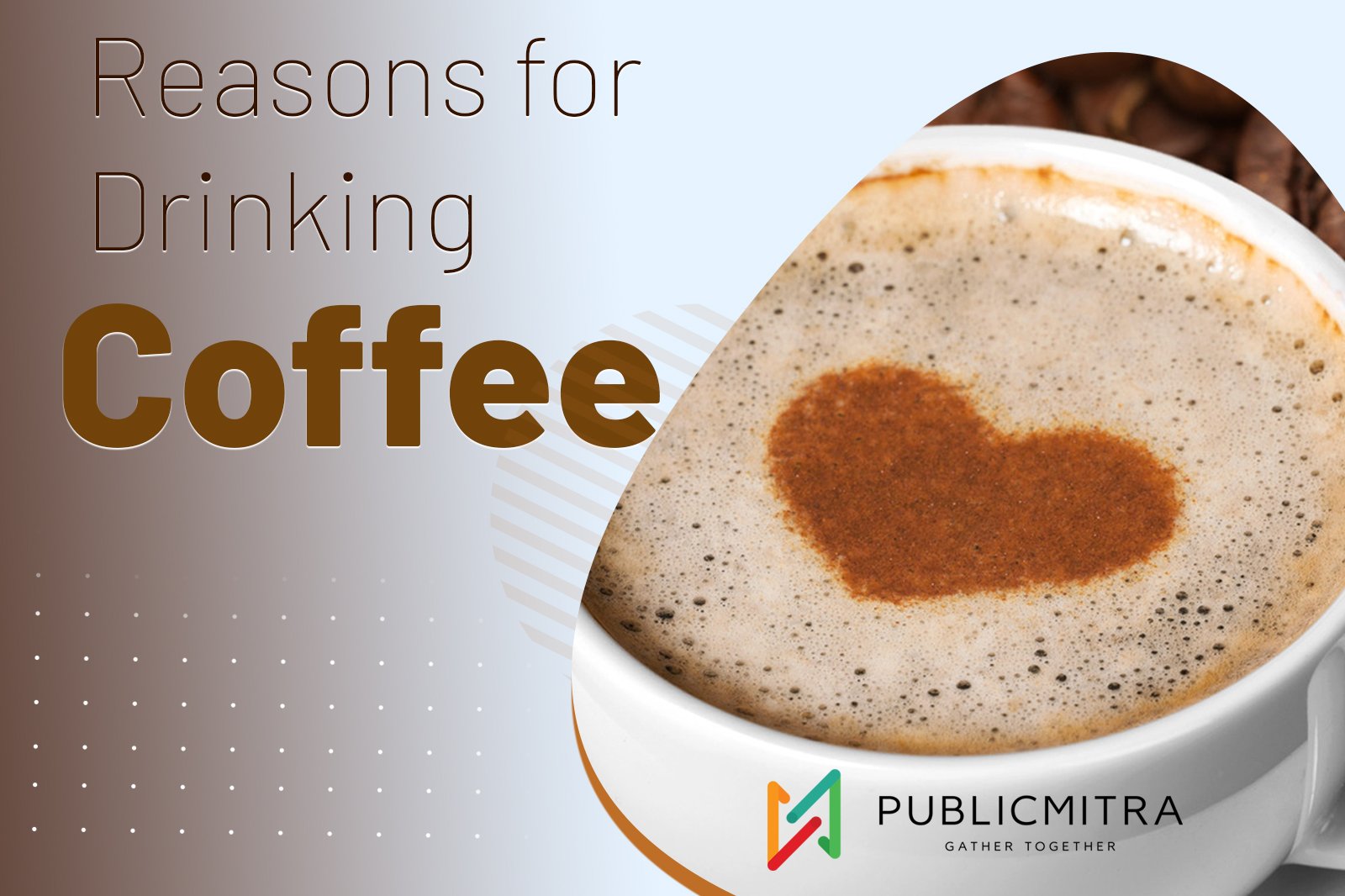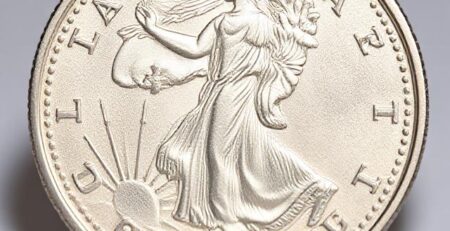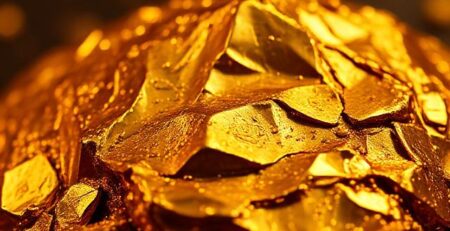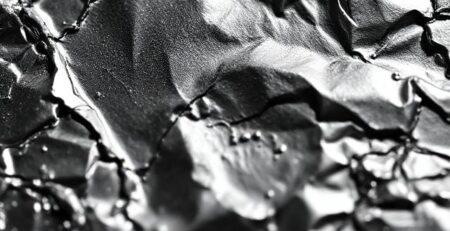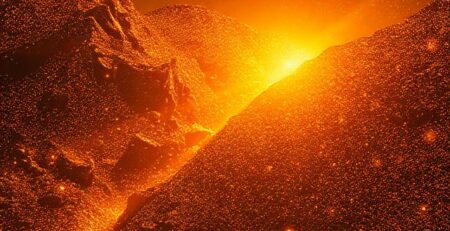Why Do People Drink Coffee?
Humans have been consuming coffee for millennia. People cannot seem to get enough of coffee ever. As I’m writing this article, I cannot help myself from sipping this beverage!
Coffee is how a majority of people start their day. Coffee is embedded in the morning routine of humans across the globe. Coffee kickstarts the day and gives that energizing feel that everyone finds necessary.
Coffee holds a special place in the hearts of millions of people. It tends to elevate everyone’s mood and it is easier for people to resonate with one another. Coffee not only holds a special place in sparking societal interactions but also in an important aspect of the workplace. Coffee serves as the social glue that binds colleagues together.
So coffee definitely holds a cherished place in our lives. It’s the go-to beverage for catching up with friends, during a much-needed break whilst working, and is also the savior during late-night brainstorming sessions. But what is it about coffee that casts such an enchanting spell over us? Let’s embark on a journey into the captivating world of coffee science to unravel the secrets behind our love for this beloved beverage.
It Fires Up the Brain!
So what’s coffee’s secret weapon?
Well, it’s caffeine.
Here’s a crazy fact about caffeine. It is the world’s most commonly consumed psychoactive substance!
When you sip your morning brew, caffeine infuses into your bloodstream and heads straight to your brain. Here it blocks an inhibitory neurotransmitter called adenosine and induces a surge in other neurotransmitters like dopamine, often referred to as the “feel good” neurotransmitter.
The result?
Heightened neural activity and a brain that’s brimming with thought. Scientific studies support this too. Studies have shown that coffee not only boosts alertness but also enhances cognitive function, mood, and perception of fatigue!
Coffee’s Journey: Berry to Brew
Before we delve into the science of why we adore coffee, let’s first explore how to transform a humble coffee cherry into that aromatic cup of joy.
Coffee comes from two primary varieties: Coffea arabica and Coffea canephora, commonly known as robusta.
Coffee starts its life as coffee cherries, which are, interestingly, not cherries at all. These are plump, red fruits harvested from coffee trees. Coffee trees tend to love tropical regions. That is where they thrive the best. The Ethiopian plateau is known as the origin of this plant but now coffee is grown in various parts of Africa, South America, and Asia.
The Natural Process
In the natural process, coffee cherries are harvested, sun-dried, and fermented. Then a machine removes the fleshy red shell thereby leaving the bare beans.
Even though this method demands more time and effort, it is very rewarding. The coffee that results from this process is sweet and possesses an in-depth flavor profile.
The Washed Process
This process involves harvesting coffee cherries, de-pulping, washing, and sun-drying. Coffee produced through this method tends to have a lighter taste profile compared to its natural counterpart. Expect fruity notes and a milder acidity, as the beans are rinsed during processing.
After processing, coffee beans are roasted and brewed to perfection. Sometimes they are even milled to create instant coffee.
The Chemistry of Coffee: Beyond the Bean
Carbohydrates:
Carbohydrates and sugar play a critical role in the formation of the flavor profile and that amazing experience that a cup of coffee brings us. Key sugars include polysaccharides like pectin and cellulose, alongside monosaccharides like arabinose, mannose, and galactose. These sugars partake in Maillard reactions during roasting and infuse coffee with distinctive aroma, color, and sweetness.
Proteins:
Proteins in coffee undergo complex transformations during roasting, forming volatile compounds. They determine the color and aroma of your coffee. Remember, higher protein content means a superior brew!
Melanoidins:
Melanoidin is a brown nitrogen-containing polymer that comprises up to 25% of roasted coffee. It is formed through a reaction between sugars and amino acids at high temperatures. These macromolecules have antioxidant and anti-inflammatory properties.
Lipids:
Lipids enrich coffee’s aroma and contribute to its texture. When the coffee beans undergo roasting, these lipids undergo oxidation. They are responsible for that mesmerizing phenomenon of milk floating in your espresso.
Phenolics:
Coffee beans contain high concentrations of chlorogenic acid which is a phenolic compound. This is responsible for coffee’s bitter taste. As the coffee beans are roasted, these compounds oxidize and impart color to your brew.
Alkaloids:
Caffeine is the star of the show. It is hands down the most famous alkaloid in coffee. It is responsible for the beverage’s characteristic bitterness as well all the enhancement of brain activity by increasing the level of calcium in the brain cells!
Other alkaloids in coffee are theophylline, trigonelline, and theobromine. They too contribute to the unique stimulating effects. Theobromine raises your heart rate and gives you a boost when you need it most.
So, is that it? Do people drink coffee because it is laced with caffeine? A psychoactive drug that stimulates our brains?
Coffee Consumption has Long-Term Health Benefits!
Coffee does more than just short-term stimulation. Coffee contains essential vitamins and minerals, including B2, B3, B5, manganese, and potassium. It lowers the risk of type 2 diabetes, increases fat-burning, reduces the risk of neurodegenerative diseases like Alzheimer’s and Parkinson’s, and even protects against liver cancer and certain types of cancer. It should be kept in mind that while 2 – 3 cups is good, excessive intake of caffeine is bad for your body!
Coffee can even combat depression!
Exceeding four cups a day can lead to adverse effects like headaches, anxiety, agitation, and irregular heartbeats.
A Natural Performance Enhancer
There is no doubt that coffee is a performance enhancer. This is one of the major reasons that humans are so addicted to this beverage. Many of us cannot even start our day without a cup of coffee. Thanks to caffeine, coffee stimulates the nervous system and prompts the body’s fat cells to break down body fat, thereby making it available as fuel. Caffeine also ramps up the production of adrenaline. This leads to an increase in heart rate, muscle strength, and sugar metabolism. Studies indicate that caffeine can improve physical performance by over 10 percent. So, whether you’re gearing up for a gym session or a marathon brainstorming session, a cup of coffee, hot or iced, can best prepare you for it!
We all need breaks
If you are beginning to laze out and feeling unmotivated after three or four hours of draining work, then it is time for a coffee break. Everyone deserves a coffee break. This not only lets you recharge and replenish but also gives you additional motivation to go on with your work. Moreover, if you are stuck with a problem and are feeling hopeless, a cup of coffee might give you the perspective you need!
Companies that normalize coffee culture within their organizations have spoken out regarding the benefits that come with doing so. They have observed a more coalesced workforce who are productive and just happier in general.
A lot can happen over coffee.
Be it a first date with your crush or you are having a formal business meeting with an important investor, a coffee place will have a unique vibe with airy and spacious features that enable people to have free interactions. Generally, cafes are meant for people to spend time at. At a good cafe, all the baristas really care about is ensuring that every cup of coffee they serve is top-notch in terms of quality while being visually stunning. You can sit down, get some fresh air, enjoy good decor, and indulge in your task. Be it zoning out with your crush, brainstorming with your cofounder, or even just reading chapters from that book you’ve always wanted to read but have not found time for, anything can happen when you sit down with a freshly brewed cup of coffee!


